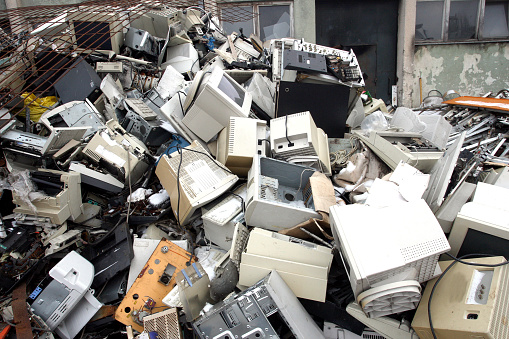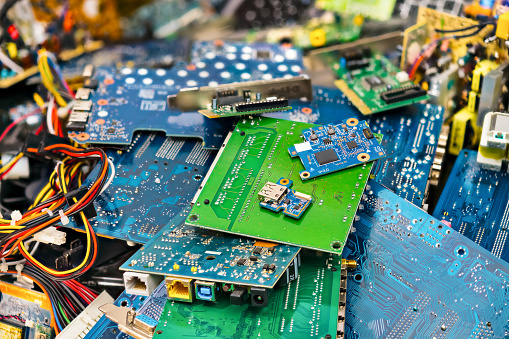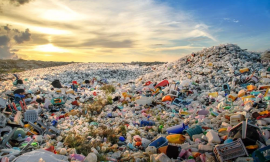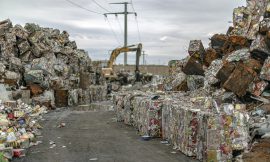Economic growth can be facilitated by new technology. There is a debate going on about whether or not people buy new technology out of necessity or for the sake of elegance. Currently, a luxurious lifestyle is seen as a sign of social superiority among those who are considered upper-class. The quality of a person’s life is largely determined by their personal financial situation. If the sole purpose of purchasing electronic gadgets is to upgrade to the latest generation of equipment, it is clear that society is purchasing electronic devices only for luxury and not for a needy purpose.. As we can see, the more the demand there is for short-life cycle products, the more production and supply there is, and the more electronic waste there is.
E-waste And Telecommuting
As technology advances, more and more people do their jobs from home. People assume that working remotely will lead to an increase in the amount of money spent on electronics, which will result in an increase in the amount of waste generated. A few companies are taking responsibility for their e-waste, but most organizations and companies aren’t, even if they are legally required to do so. Dismantling shops or undocumented landfills are used to dispose of them. There isn’t much of a difference between having employees work remotely or in person when it comes to systematic recycling management. Additionally, there is the threat of a data breach, which is a major impediment to the reuse and recycling of electronic devices such as computers (especially laptops), cell phones, and other storage devices. Data must be deleted completely before it can be reused or recycled, and this process is expensive when carried out on a large scale. Electronic waste cannot be completely eliminated, but it can be recycled and properly invested in from both the producer and government sides.

Regulations Governing Electronic Waste Disposal
Because India has e-waste legislation in place since 2011, it’s important to know. Only authorized dismantlers and recyclers are allowed to collect e-waste, according to the law. Refurbishers, manufacturers, and dealers are all covered by the E-waste (Management) Rules of 2016. (PRO). According to Indian law, 312 authorized recyclers have been set up to handle 800 kt of e-waste annually, but it is unfortunate to note that most of the structured recycling facilities are underutilized because a considerable portion of e-waste is still dealt by the informal sector.
The Atmosphere (Protection) Act, 1986 gave rise to the E-Waste (Management) Rules, 2016. There under Extended Producer Responsibility (EPR), the manufacturer of the EEE is responsible for payment of e-waste from the “end-of-life” of their products (EPR). Dismantlers and recyclers will now be able to receive and renew authorization from the authorities to properly dispose of e-waste.
With the establishment of a properly functioning E-waste collection center throughout the country, municipal pick up services, commercial pick up services and drop boxes, and collection centers in the retail store, e-waste recycling can be effectively managed. Preventing “backyard recycling,” which is the informal collection and recycling of electronic waste by self-employed individuals, the majority of electronic waste is collected door-to-door by purchasing or going to collect used EEE from houses and business establishments. Both environmental and human health are harmed as a result of the destruction and burning of primary raw materials in order to make secondary raw materials from them.






